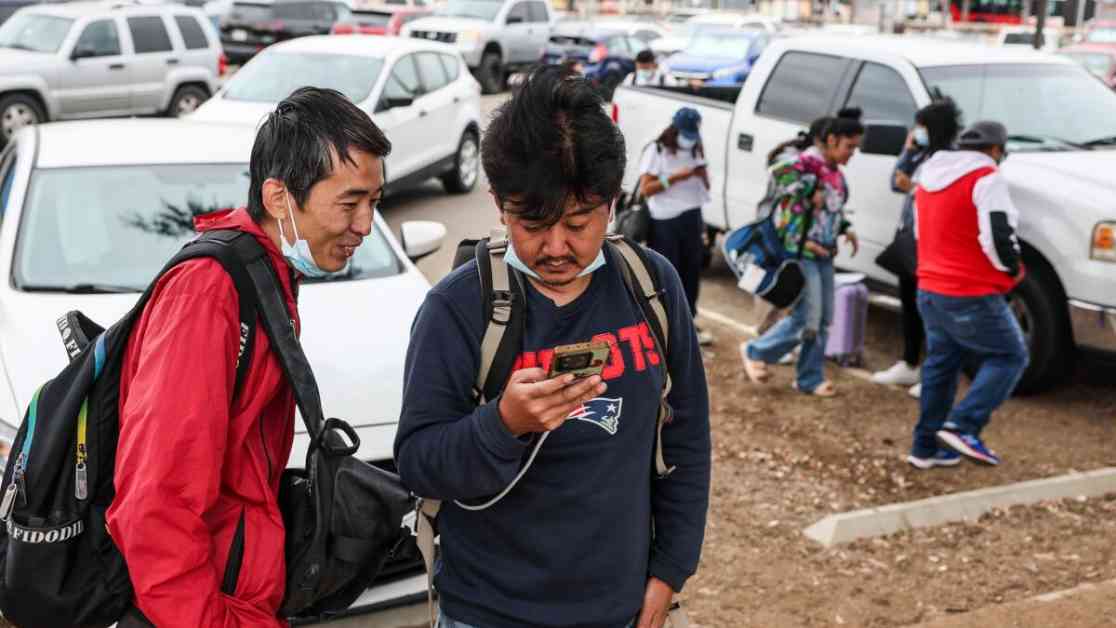Los Angeles County’s vibrant Asian immigrant communities are facing uncertainty and fear as they brace for potential deportations under new directives from the Trump administration. Amidst swirling rumors of mass deportations, community leaders are stepping up efforts to educate immigrants on their rights through “Know Your Rights” training sessions in various languages such as Bangla, Chinese, Hindi, and Punjabi.
Shakeel Syed, executive director of the South Asian Network, expressed that the prevailing sentiment among Asian immigrants, regardless of legal status, is one of concern. He highlighted the pervasive perception of “brown-looking people” as perpetual foreigners, making them vulnerable to raids solely based on their appearance. While the majority of undocumented residents in L.A. County are natives of Mexico and Central America, Asian immigrants represent the second-largest group at 16%, according to the Migration Policy Institute.
The Asian community in Los Angeles, particularly Indians, Cambodians, Koreans, Indonesians, Filipinos, Thai, and Vietnamese, is bracing for the far-reaching implications of the administration’s immigration policies. President Trump’s executive orders have significantly restricted legal pathways into the U.S., heightened border enforcement, and increased efforts to deport individuals living in the country illegally. This has led to the repatriation of groups like 100 Indian migrants and 119 migrants from various countries awaiting deportation in Panama.
Many Asian immigrants in L.A. initially arrived legally through temporary work or tourist visas, later either gaining legal status or overstaying their visas. Manjusha Kulkarni, executive director of AAPI Equity Alliance, noted that those lacking legal status often work in low-wage service industries where Asian communities have established a strong presence. The motivations for migration vary, with many seeking better work and educational opportunities or fleeing oppressive regimes and persecution.
The current climate of fear and uncertainty has had a tangible impact on Asian immigrants, with reports of individuals avoiding medical appointments and public events for fear of being targeted. One Pakistani immigrant, who preferred to remain anonymous, shared how the fear of raids had forced her family to limit their outings and take extra precautions while driving. Similarly, Amir Mertaban, executive director of the Islamic Society of Orange County, acknowledged the heightened anxiety within the community, especially as ICE has been granted authority to raid places of worship.
As the Islamic Society of Orange County prepares for Ramadan, Mertaban emphasized the importance of creating a safe space for the community amidst fears of potential raids. Training sessions are being conducted to guide students on navigating public protests, particularly those with temporary status or undocumented individuals. The mosque serves as a sanctuary for many, offering solace and connection during uncertain times.
In the midst of these challenges, the resilience and solidarity within the Asian immigrant communities in L.A. shine through. Despite the looming threat of deportations and raids, community organizations, religious centers, and advocates are rallying together to provide support and resources for those most vulnerable. The spirit of unity and determination underscores the rich tapestry of cultures and backgrounds that make up the vibrant Asian immigrant communities in Los Angeles.





















